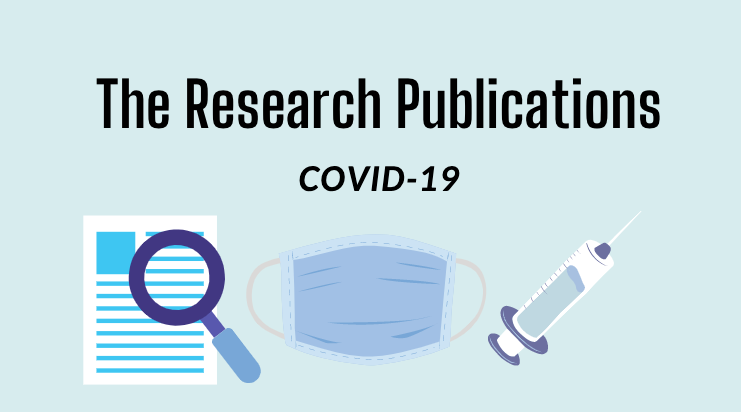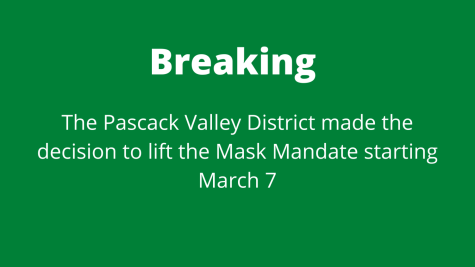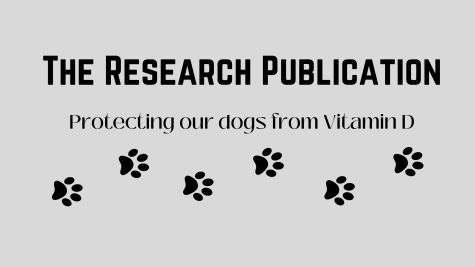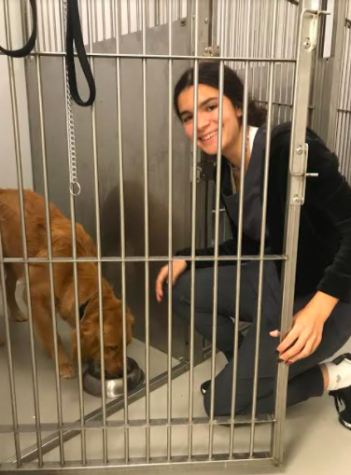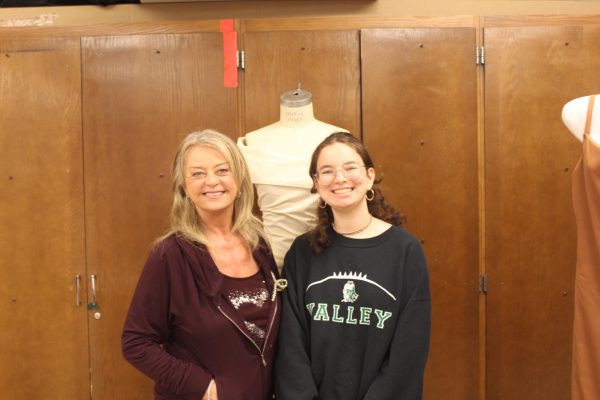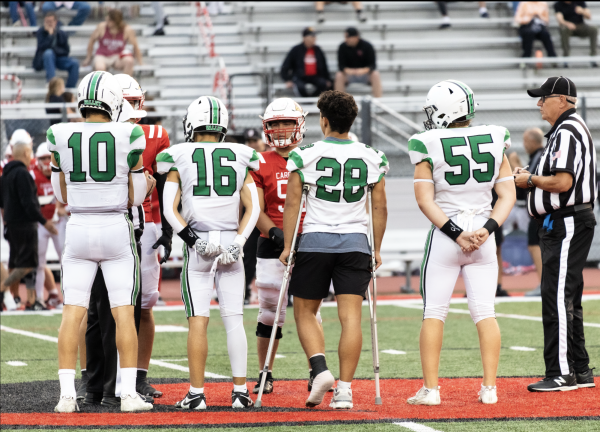Are there negative aspects of wearing a mask?
The PV Student Publication has partnered with The Research Club to publish a series of research essays entitled “The Research Publications.” This essay explains the side effects of wearing masks and their purpose throughout the pandemic.
(Editor’s Note: The PV Student Publication has partnered with The Research Club to publish a series of research essays related to topics of COVID-19. All research essays are written and fact-checked by members of the Research Club, and The PV Student Publication is rolling out these essays as a service to our community. This essay explains the side effects of wearing masks and their purpose throughout the pandemic. This paper is written by sophomore Nupur Karnik, fact-checked by sophomore Matthew Yakir, and edited by senior Elise Schicker.)
Masks do not weaken the immune system. [1] [2] [7] There is no evidence to support this claim and there have been multiple studies done to prove that masks help fight against SARS-CoV-2. Some masks are more effective than others and there are some facial coverings that have been proven to not work. [2] [3] [4] The most effective facial covering is a respirator and is generally reserved for healthcare workers, not the general public. N95 masks fall under this category. For daily use, experts recommend surgical masks or cloth masks with multiple layers.
Although masks are one of the best ways to protect yourself from SARS-CoV-2, some masks do not work. [4] According to the CDC, masks with exhalation valves or vents are just as bad as not wearing a mask at all. They release respiratory droplets from the wearer and don’t protect others from the virus. Otherwise, a mask that covers your nose and mouth completely and fits securely should be beneficial in protecting yourself and others from the virus. [1] [2] [7]
Masks can be uncomfortable at times, but otherwise, most people should wear a mask to slow the spread of coronavirus. However, there are certain groups of people that should not wear masks. [1] [4] [5] [6] The CDC recommends that children aged 2 and under, individuals who have breathing problems, someone who is unconscious/unable to take their mask off easily, or those with sensory, cognitive, or behavioral issues should not wear masks. Masks can pose serious risks to such individuals and in only these few cases should an individual not wear a mask at all.
There are also certain situations where wearing a mask is not appropriate. [5] [6] During high-intensity activities or swimming, masks can cause breathing issues and should be avoided. For those with certain disabling conditions, masks can be challenging and should not be used. The WHO states that children should not wear masks when doing physical activities as it can compromise their breathing.
Throughout the SARS-CoV-2 pandemic, misinformation surrounding the virus has spread and has caused harm to many. [1] Some false claims have been made, including that masks deprive people of oxygen and that people breathe in too much CO2 when wearing a mask. Even though CO2 can build up when wearing a mask, it is not noticeable to most people wearing a mask. [1]Masks do not have side effects other than slight breathing difficulties and are proven to slow the spread of SARS-CoV-2. [1] [6] Wearing a mask will protect yourself and others and there is no evidence that masks are not effective.


